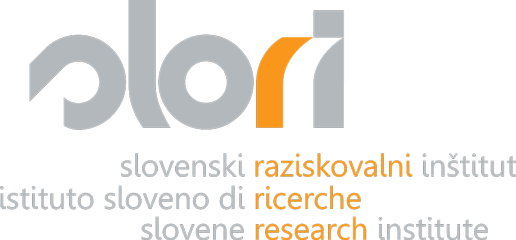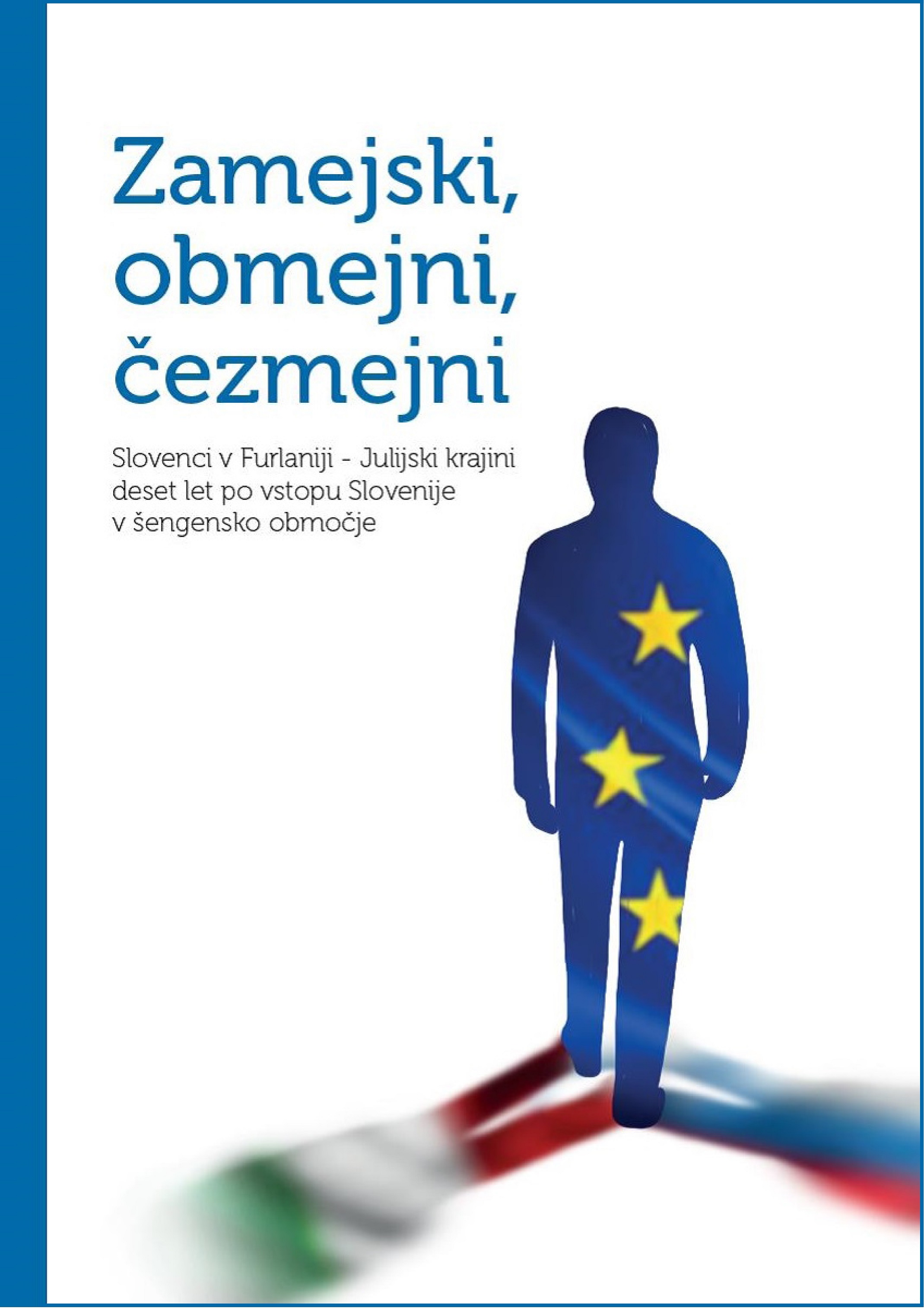Applied project financed by the funds of an extraordinary call for proposals for the implementation of a comprehensive programme aimed at promoting and enhancing the use of the Slovene language (in accordance with article 7, paragraphs 67 and 74 of Regional Law 25/2017)
Project promotion: The Slovene Research Institute (SLORI)
Partners: Associazione Quarantasettezeroquattro, Centro studi Dialoghi Europei, Trieste Press Club, the Municipality of Muggia, the Municipality of Tarvisio, The Kiljan Ferluga Association of Slovenes in the Municipality of Muggia, DZP – Družba za založniške pobude, d. o. o. / PRAE, the Jacques Maritain Institute, Kinoatelje, Kmečka zveza, the Libero in Zora Polojaz Foundation, Slovenski dijaški dom Simon Gregorčič, Slovenski dijaški dom Srečko Kosovel, the Slovene Regional Economic Association, the Slovene Cultural Centre Planika, the University of Trieste – Department of Political and Social Sciences, the Novi Matajur Cooperative
Project management: Dr Štefan Čok
Collaborator: Dr Devan Jagodic
Project implementation period: 2018-2019
This project is based on a broad and highly-qualified partnership between 17 complementary organisations and will take an innovative approach to the topics addressed. The project consists of various activities which can be grouped by geographical and thematic areas, and aims to have a significant impact on the border areas involved. The project’s key event is a two-day study conference which will be presented during two preliminary meetings held in the Val Canale and in the town of Muggia. The conference will take place in the town of Gorizia. During the first day of the conference, focus will be placed on the international dimension of the Schengen Treaty with regard to policies concerning ethnic minorities. On the second day of the conference, the representatives of various Slovene associations and organisations in Italy will discuss the impact of Slovenia’s accession to the Schengen area and the opportunities arising from it. In the run-up to the main event, a team of young people will shoot a series of promotional video interviews aimed at advertising the envisioned project activities, thus maximising the project’s impact at a regional level. Upon completion of the project, all the video interviews and papers presented at the conference will be included in a compendium.
The main goals of the project are the following:
– assessing the impact of Slovenia’s accession to the Schengen area in 2007 on the Slovene ethnic minority in Italy and, by and large, on the border region between Italy and Slovenia;
– drawing a comparison between the Slovene ethnic minority and other ethnic minorities and border regions affected by the implementation of the Schengen Treaty in present-day Europe;
– identifying future challenges and important issues in the following areas: politics, economy, society, culture, the media and the youth;
– focusing on the Slovene ethnic minority in the Friuli Venezia Giulia region with regard to cross-border cooperation and analysing this minority’s role in the wider region where Slovene is spoken.
The project’s main goal is to encourage the members of the Slovene ethnic minority, as well as its organisations and associations, to reflect on Slovenia’s accession to the Schengen area ten years on. More specifically, the project aims to find out to what extent Slovenia’s accession to the Schengen area affected the local population and the functioning of institutions in the region. Ultimately, stakeholders will be invited to advance concrete project proposals and ideas that will help to maximise the many opportunities this border region offers today.

